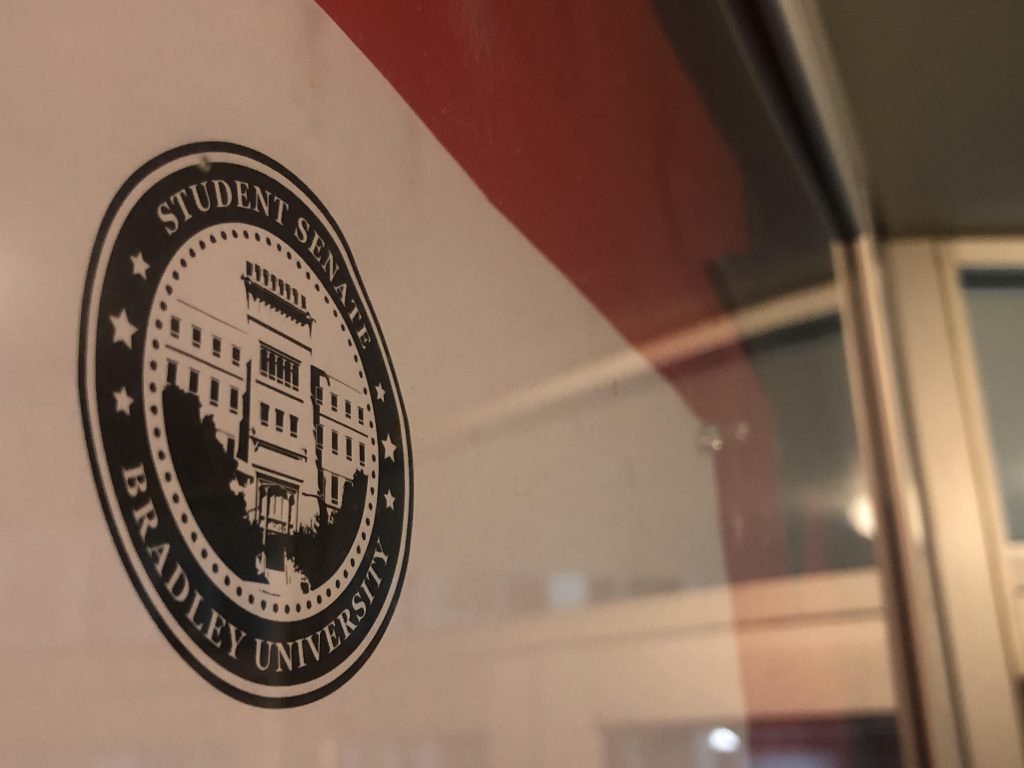
Bradley’s Title IX coordinator Crystal Elliott and deputy coordinator Anne Hollis covered changes made by the Department of Education to Title IX that have been implemented since August at the Student Senate’s general meeting on Monday.
Title IX is a law that protects individuals in education from being discriminated against or excluded based on sex. According to Elliott, the amendments included changes to the verbiage that defined more material, training process for coordinators in the Title IX department and who may be cross-examined.
One change is that the university does not have to act upon an informal complaint. Formal complaints, such as a written and signed document will be needed for the institution to open an investigation.
“Sometimes when students do an informal complaint they want support or resources, but they don’t want to go through the process of filing charges against another student or faculty/staff,” Hollis said.
Hollis said that an example of informal support is class changes, residence hall moves and distancing both parties.
Another change is that sexual harassment cases must take place in the United States to be reported. The alleged victim can only file a report at the university where the alleged harassment took place to receive full support of the institution. Otherwise, if they were a student of another university, they would receive partial support of the university where the harassment took place.
“If a student says, ‘I was harassed at [University of Illinois Urbana-Champaign] or assaulted by somebody at U of I,’ while we do not have control of the person who is being accused of that, if our Bradley student wishes to move forward with a criminal complaint we can support them with working with the authorities,” Hollis said.
The situation Hollis used as an example would be filed as a criminal charge at the U of I but can be filed as a civil complaint in the Champaign jurisdiction or the jurisdiction of the university where the incident occurred.
Cases are also no longer required to be resolved in 60 days, as previously enforced. Parties have 10 days to respond to their file, this may be extended by 10 additional days with every new document which lengthens the process. Civil cases may be resolved quicker as cases involving law enforcement may need more time to collect evidence.
Annual training done by the Title IX coordinators and additional information are posted on the Bradley website. Reports can be sent to titleixcoordinator@fsmail.bradley.edu or more methods of reporting are listed on the sexual assault section on the Bradley website.



